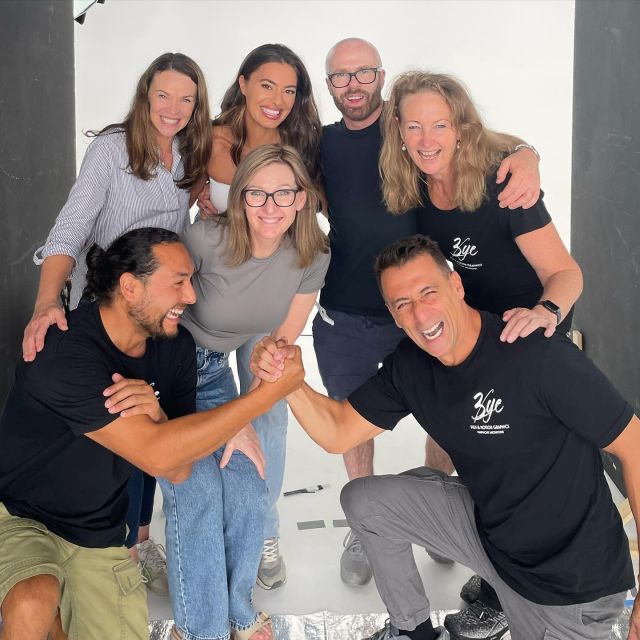If you’re unhappy in your job, it might be time to think about switching
Before you can begin to plan how to make the transition, you’ll need to think about what you might like to do instead.
Consult An Advisor or Take A Test
If you’re not sure what else you might be good at, it’s a good idea to consult a career advisor. They can help you explore what other career paths your skills, experience and personality might suit you for. It can be hard to imagine what else you might enjoy and be good at, but a good advisor can make some suggestions and help you decide what you could try.
There are also lots of career aptitude tests online too, so if an advisor isn’t an option, you can still see where your skills could work. A career test can help you see where else your experience can be applied and what sort of company your values would fit into.
Research
When you’ve narrowed down a few options you think might suit you, do a bit of research into your shortlist. Take a look at some organisation’s websites, and try to speak to people you know already in that career. Someone who knows you might be able to give you useful insight into whether the career you’re considering would suit you.
Network
During your research, try and get introductions to useful contacts in the industry. Networking is a fantastic way to make in-roads to a new industry. Many jobs are filled via referrals, so building up some useful contacts while you’re still deciding what to change to could be a good call. You might meet somebody interesting who could suggest a career option to you that hadn’t thought of.
Treat Interviews As Exploration
If you’re invited to an interview, even if you’re not sure the job is for you, make sure you attend. Use the interview as a way to learn more about a potential new career path. Ask your interviewers questions about company culture and see if it sounds like the sort of job you’d be happy in. Answering the interview questions will also help you to see if your skills and experiences would help you in the job. If you do decide it’s not for you, you can use it as a good experience and cross one job of your shortlist.
Continue Learning And Gaining Qualifications
As you make your decision, you’re going to want to ensure that you’re always staying switched on. You cannot expect to find yourself in the ideal position and dream job if you’re idling and letting others overtake you. So, if you want to work on the front line, you could choose an RPL for First Responders. If you want to work in computers, then the likes of web design, coding, and other similar aspects might need to be studied. The point is that you’ll want to make sure you have the knowledge so that you’re front and centre regarding the candidates and your overall competence.
Work With A Recruiter
Changing careers can be very daunting, and it can be hard to know how to approach a potential new employer. A recruiter can help you revamp your CV to suit a different industry and can give useful advice on the sort of jobs you’re qualified for. Recruiters also often know about jobs before they’re advertised, so they can help you get your foot in the door at the front of the queue.

















